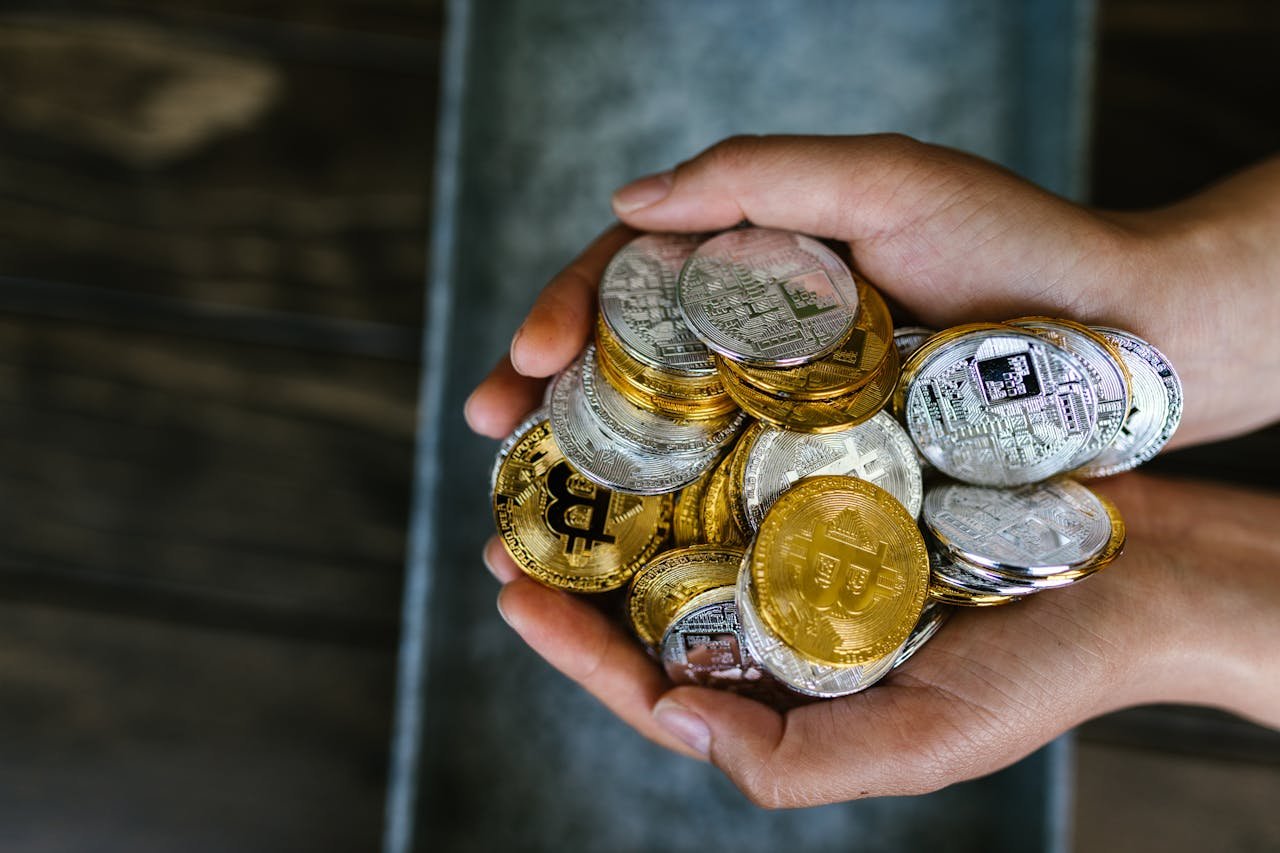Physical Address
304 North Cardinal St.
Dorchester Center, MA 02124
Physical Address
304 North Cardinal St.
Dorchester Center, MA 02124

The cryptocurrency world continues to evolve, and with it, so do the tactics of scammers. As we move through 2024, it’s crucial to stay informed about the latest scams that could jeopardize your investments. Here are the top five crypto scams to watch out for this year:
Red Flags:
Unrealistically high returns with vague explanations.
Lack of transparency or verifiable team information.
No independent audit reports.
How to Protect Yourself:
Research the project thoroughly, including its team and audits.
Verify smart contract code and look for user reviews from trusted sources.
Use established and reputable DeFi platforms with a strong track record.
Red Flags:
Unsolicited messages or offers from high-profile figures.
Requests for personal information or investments via direct messages.
Promises of guaranteed returns or exclusive opportunities.
How to Protect Yourself:
Verify the identity of any person or organization contacting you.
Cross-check offers with official sources or websites.
Be cautious of unsolicited communications, especially those involving financial transactions.
Red Flags:
Lack of transparency about the project’s team and development progress.
Sudden and unexplained price drops or trading suspensions.
Inadequate information about the token’s utility or purpose.
How to Protect Yourself:
Invest in projects with well-known and verified teams.
Check for a detailed whitepaper and a clear roadmap.
Monitor the project’s development and community engagement regularly.
Red Flags:
Projects with no verifiable creators or unclear ownership.
NFT sales that require upfront payments or personal information.
NFTs that promise unrealistic future value without solid backing.
How to Protect Yourself:
Verify the legitimacy of the NFT project and its creators.
Use reputable NFT marketplaces and check for user reviews and ratings.
Be cautious of deals that seem too good to be true or require significant upfront payments.
Red Flags:
Unexpected emails or messages requesting your private keys or login details.
URLs that look similar to legitimate sites but have minor discrepancies.
Promises of free tokens or urgent account verification requests.
How to Protect Yourself:
Always double-check URLs and ensure you’re on the official website.
Avoid sharing sensitive information via email or unverified links.
Use two-factor authentication (2FA) for additional security.